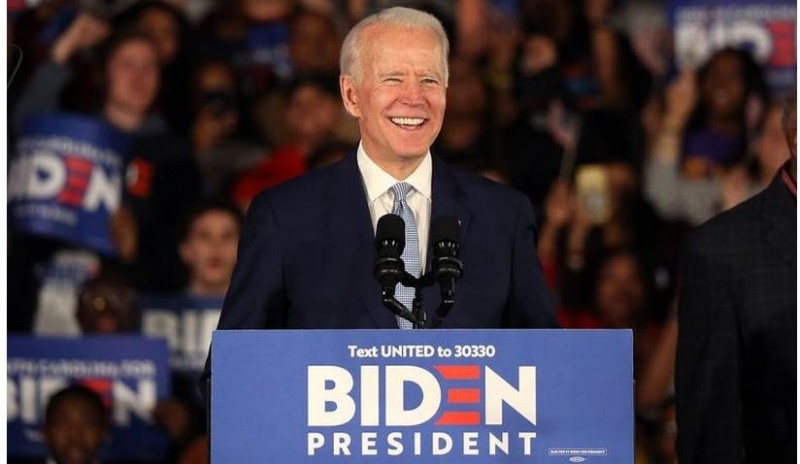
India and the United States have maintained a robust relationship for over thirty years, with strong ties in economic, commercial, defense, and strategic sectors. This stability is expected to continue regardless of which party holds the presidency, according to a prominent expert from the Hudson Institute.
Aparna Pande, a research fellow at the Hudson Institute, emphasized that the India-US relationship has become deeply entrenched, regardless of whether a Democrat or Republican is elected president. She expressed confidence that this bond will remain strong in future administrations.
Pande noted that every US president since Bill Clinton has visited India, and every Indian Prime Minister over the past thirty-five years has made multiple trips to the United States. "India plays a significant role in US national security strategy," she said. "The last three national security strategies have highlighted India as a key partner in countering the rise of China and in economic and defense realms."
Under the Biden administration, key initiatives such as the Indo-Pacific Strategy and the Quad have been prominent. Pande pointed out that these strategies began under the Trump administration and are likely to continue if Trump returns to office, given his focus on China as a major rival. The Quad, which was reinvigorated during Trump's tenure, is expected to remain a central aspect of US policy.
Similarly, Pande anticipates that the Harris administration will also prioritize the Indo-Pacific and Quad initiatives, with potential adjustments. The Biden administration's Initiative on Critical and Emerging Technologies (ICET), which emphasizes defense partnerships and semiconductor development, might see modifications under Harris.
On the commercial front, Pande suggested that there could be more friction if Trump returns, particularly concerning trade issues and tariffs. Trump had previously taken steps against India, such as removing it from the Generalized System of Preferences (GSP). Conversely, under Harris, trade is unlikely to become a significant issue, though there may be increased scrutiny regarding democracy, human rights, and religious freedom.
Regarding Bangladesh, Pande expressed concern about the current situation, noting that the US administration has not labeled the recent events there as a coup, despite indications that a military takeover has occurred. She stressed the importance of the US focusing more on Bangladesh, given its proximity to India, Myanmar, and China. Increased Chinese influence in Bangladesh through initiatives like the Belt and Road Initiative (BRI) could impact American interests.
Chile Seeks Deeper Defense and Economic Ties with India Following Minister's Visit
What Does Putin See in India, Brazil, and China for Ending the Ukraine War?
Putin Suggests China, India, and Brazil Could Mediate Russia-Ukraine Peace Talks